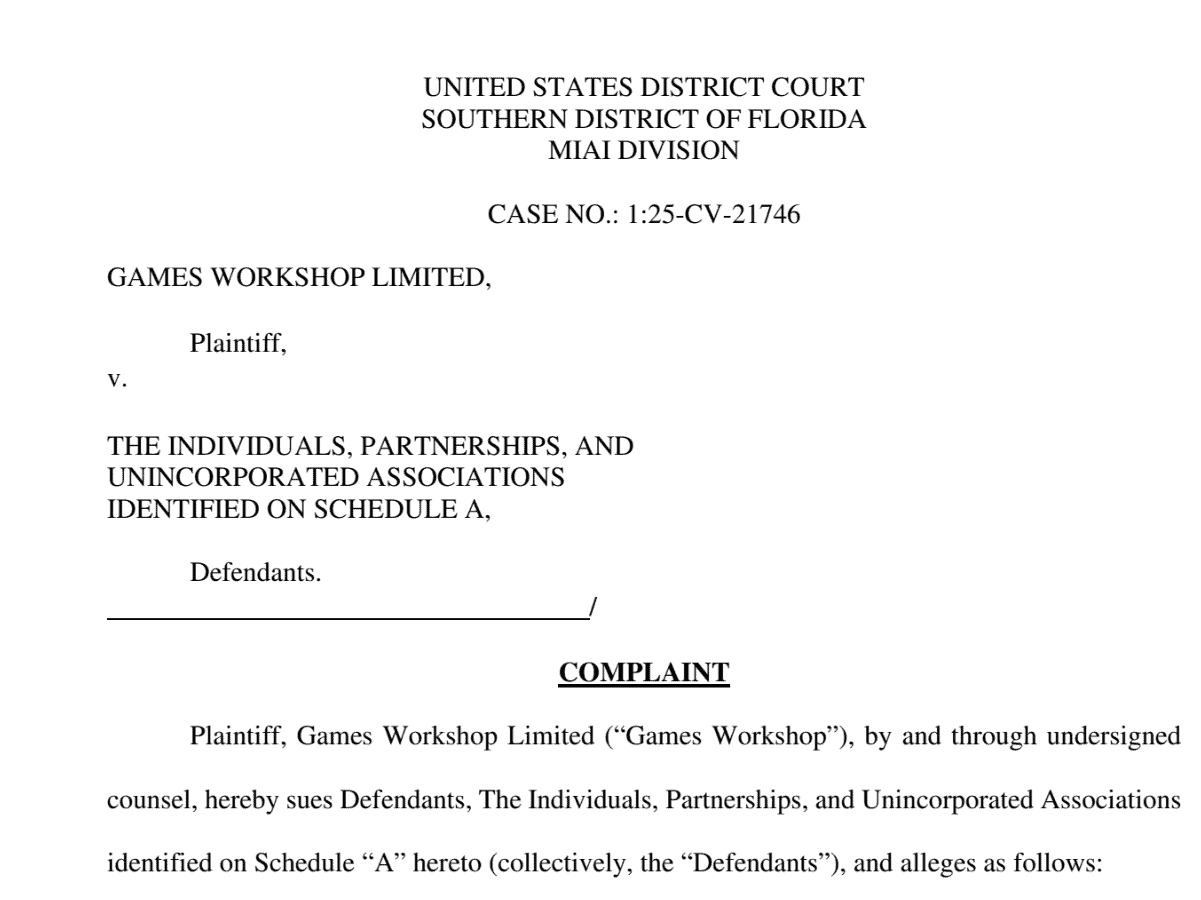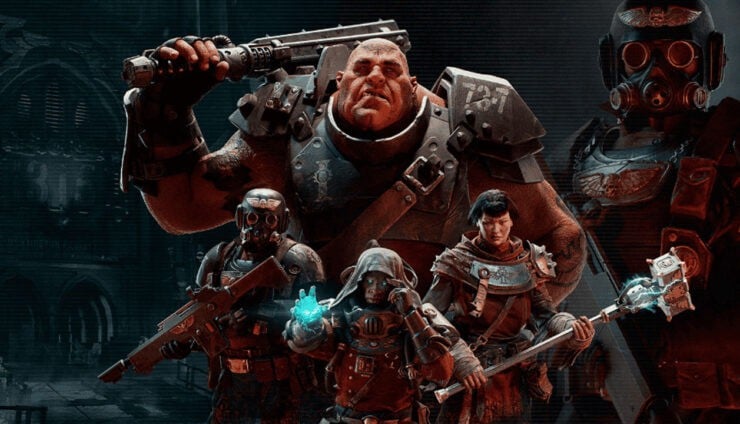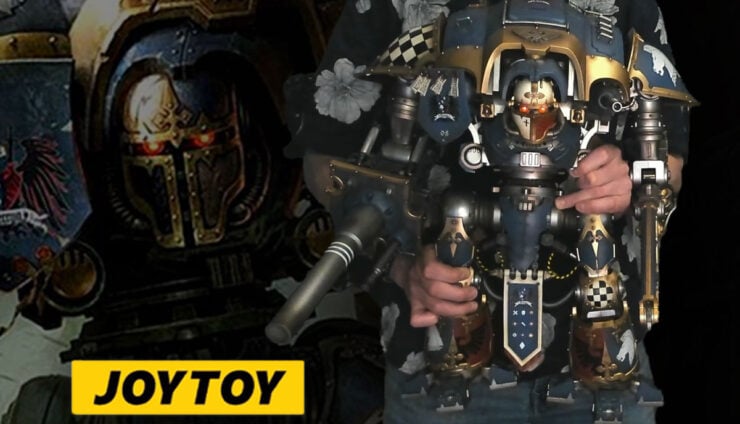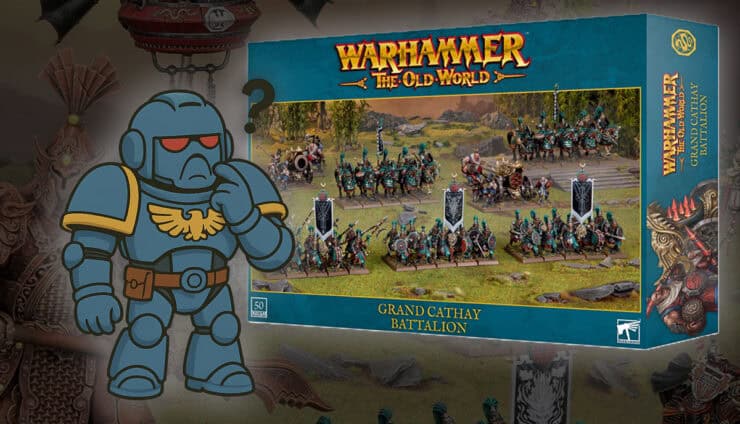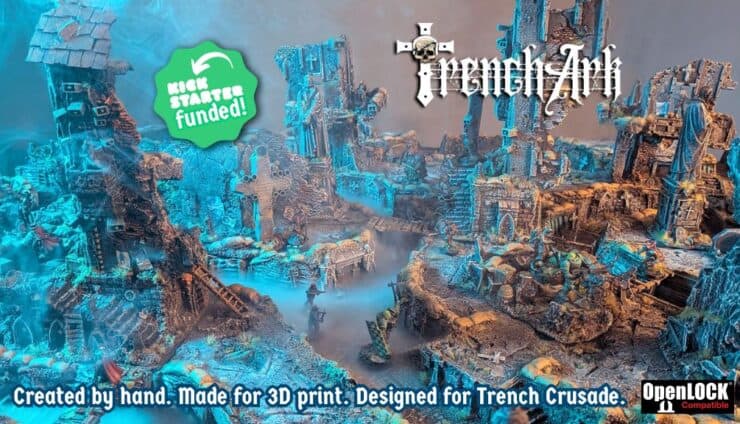Hollywood has banded together to sue AI company Midjourney, and the implications of this lawsuit could shift the way tabletop gamers use and sell AI-generated content.
Grab your paintbrushes and brace yourself—Hollywood just rolled a nat 20 on its legal initiative against AI. Disney and Universal are suing Midjourney for copyright infringement, and the ripple effects could hit closer to home than you’d expect.
Especially if your idea of a good weekend involves miniatures, dice, and a suspiciously familiar-looking 3D print you found online.
Let’s break down what’s going on and what it could mean for the world of tabletop gaming and Games Workshop’s grip on IP enforcement.
Midjourney Lawsuit: Disney, Universal, & the Magic of Legal Pressure

The legal filing includes detailed visual comparisons, claiming that Midjourney acts like a “virtual vending machine” for copyright violations. With over 20 million users, the company’s reach is no small potatoes.
Hollywood’s not asking for pocket change—they want damages and to block Midjourney from launching a video service unless it can prove its tech won’t rip off more copyrighted works.
Why Tabletop Gamers Should Pay Attention
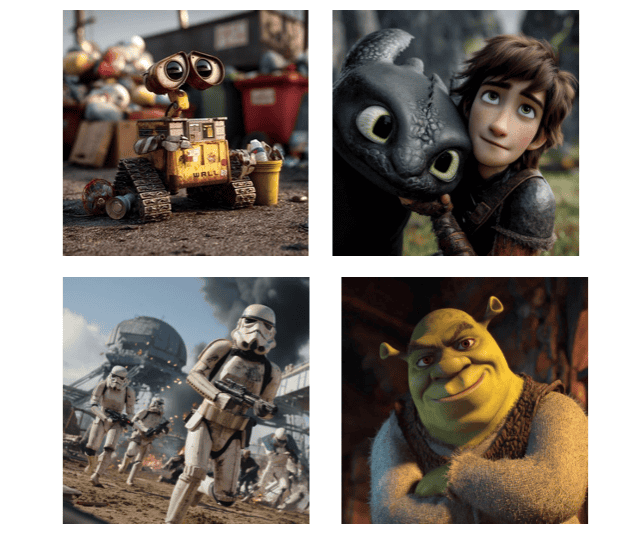
Disney Enterprises, Inc., Marvel Characters, Inc., MVL Film Finance LLC, Lucasfilm Ltd. LLC, Twentieth Century Fox Film Corporation, and Universal City Studios Productions LLLP and DreamWorks Animation v. Midjourney, Inc.
So why should this matter to folks who just want to paint miniatures and argue about 10th edition rules?
Because generative AI art and 3D modeling tools are already being used in the hobby space—to create original characters, craft terrain, and yes, to duplicate or modify IP-protected designs. If Disney’s legal swing connects, it could open the door for more aggressive IP enforcement across the board.
And let’s be real: if there’s one company ready to follow that lead, it’s Games Workshop.
GW, AI Lawsuits, and the Digital Inquisition
Games Workshop has already been using AI tools to monitor and target IP violations on platforms like eBay. If you’ve ever had a listing pulled or seen friends warned about “copyright infringement” for selling customized miniatures, this is part of it.
GW’s stance is clear: they protect their intellectual property with the same zeal that a Space Marine protects the Emperor’s throne. And while this can help crack down on actual counterfeiters, it’s also been accused of overreaching, like in the infamous SAD lawsuit, where enforcement tactics were called out for leaning more on intimidation than fairness.
AI makes lawsuits like this easier and faster. Whether it’s scanning images, automating takedown notices, or identifying potential infringements, the machine doesn’t sleep. That means hobbyists need to be more careful than ever when sharing or selling content inspired by GW’s designs.
The Genie’s Out—Now What?
Here’s the honest truth: the Artificial Intelligence cat is out of the bag. And it’s wearing a homemade Mickey Mouse helmet. Trying to cram it back in isn’t going to happen without some serious legal force.
That’s why lawsuits like this one matter. They set precedents. If Disney and Universal win, it could reshape how AI is trained and deployed—and what counts as fair use or transformative work. For hobbyists, that means a tighter line between creativity and copyright violation.
GW and other gaming companies might follow suit with more lawsuits or tech upgrades aimed at guarding their content. Which makes sense—they’re not going to sit by while someone uses an AI model to remix the next Primarch reveal for free.
What Hobbyists Can Actually Do
Here’s the practical side:
- Be cautious with AI-generated content: Just because a tool made it doesn’t mean it’s safe to sell or share.
- Credit original sources: Especially when posting AI art based on known IP.
- Stick to original work when selling minis or art online. If it even resembles a Space Marine, expect scrutiny.
- Use AI tools responsibly: AI can help with creative inspiration, color schemes, and terrain layouts, but trying to outsmart copyright bots by remixing known designs is a quick way to end up in a legal mess.
Final Thoughts From Us
The legal battle between Hollywood and AI isn’t just about movies and memes. It’s about where we draw the line between inspiration and imitation—and how tech is changing that line faster than any rulebook update.
For tabletop gamers, it’s a wake-up call. Creativity is still king, but protecting that creativity—yours and others’—is about to get a lot more serious.
See the Latest on the GW Takedown Lawsuit

